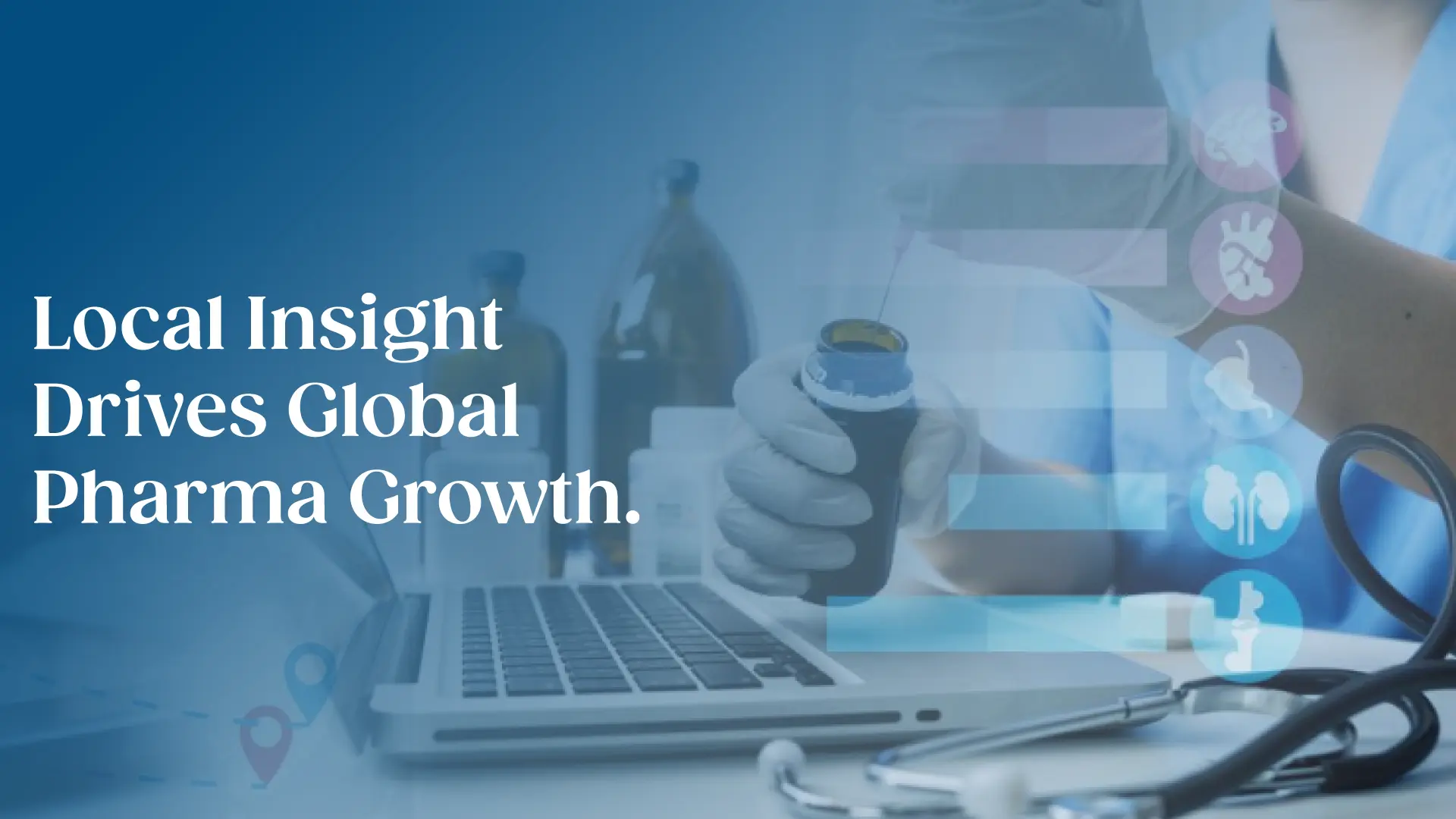How Localization Unlocks New Markets for Pharma Companies
The pharmaceutical industry is inherently global, involving research, clinical trials, regulatory approvals, manufacturing, and distribution across diverse markets. In this multilingual and multicultural landscape, localization services are not just beneficial—they are essential. More than just translating words, localization ensures that pharmaceutical content is culturally relevant, legally compliant, and contextually accurate for each target audience.
1) Enhancing Patient Safety: Patient safety is the highest priority in the pharmaceutical industry. Drug packaging, dosage instructions, patient leaflets, and safety warnings must be understood clearly by end users in their local language and context. Localization goes beyond word-for-word translation—it adapts content to regional medical standards, health literacy levels, and cultural expectations. This reduces the risk of misinterpretation and promotes safe and effective use of medications.
2) Localizing Clinical Trial Materials: Global clinical trials require careful adaptation of documents to each participating country. Informed consent forms, patient-reported outcome measures, recruitment materials, and digital interfaces must be localized for different populations. This ensures that participants understand the trial protocol, their rights, and the associated risks. Proper localization supports ethical conduct, regulatory compliance, and data integrity across international sites.
3) Navigating Regulatory Landscapes: Every market has unique regulatory requirements regarding how pharmaceutical information must be presented, both linguistically and culturally. Regulatory bodies such as the FDA (USA), EMA (Europe), PMDA (Japan), and CDSCO (India) expect submissions that reflect local terminology, format standards, and country-specific content. Localization services ensure that documentation is not only translated but tailored to meet local compliance expectations—avoiding costly delays or rejections.
4) Supporting Market Expansion: To succeed in international markets, pharmaceutical companies must connect with local healthcare professionals, stakeholders, and patients in a meaningful way. Localization makes this possible by adapting training materials, websites, mobile apps, marketing campaigns, product brochures, and educational videos to align with local cultures and healthcare practices. This builds trust, enhances brand credibility, and ensures engagement with target audiences.
5) Enabling Global Collaboration: Pharmaceutical projects often involve collaboration among R&D teams, CROs, regulatory consultants, and marketing partners from different countries. Localization of internal documentation, communication tools, software platforms, and training modules ensures everyone is on the same page—regardless of language or location. This streamlines processes, improves efficiency, and reduces the risk of miscommunication.
Conclusion: In an industry where accuracy, compliance, and cultural understanding are vital, localization is not a luxury—it’s a strategic enabler. Transflow, with over 20 years of experience in Localization and Translation, is a trusted partner for the pharmaceutical sector. We specialize in localizing clinical, regulatory, marketing, and patient-facing content across 200+ languages, ensuring cultural accuracy, legal compliance, and linguistic clarity.
Our team includes life sciences experts, native linguists, and industry-trained professionals who understand the nuances of medical language and regional regulations. Backed by ISO-certified processes and robust quality controls, Transflow ensures your content resonates with every audience it reaches—without compromising on precision or professionalism.
Partner with Transflow to localize your pharmaceutical communications, streamline global operations, and deliver safer, more accessible healthcare solutions to patients worldwide.




